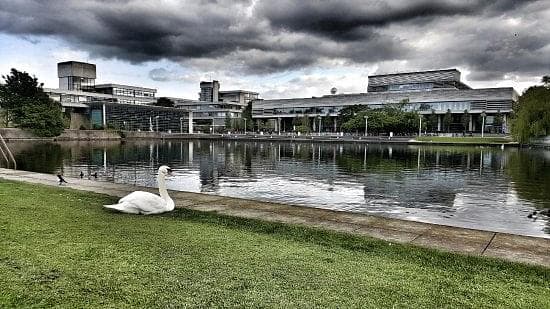BSc Economics at University College Dublin
Dublin, Ireland
- Tuition Fee € 58,600
- Country Rank-
- Duration36 Months
- Score IELTS: 6.5 TOEFL: 90
Program Overview
Economics explores how and why people make decisions and choose between alternative ways of spending their money and using their time, energy and skills. That is why Economics can help to shed light on decision-making in areas from love and marriage, to sports and crime. If you are interested in people’s behaviour and in current affairs, and if you enjoy problem-solving and are naturally analytical with good numeracy skills, then Economics will appeal to you.
Cost Of Studying At University College Dublin
Interest rates as low as 8.9% *
250K+
Students Assisted
800Cr+
Loan Amount Disbursed
5000+
Loans Sanctioned
Check Loan Eligibility
Powered by
